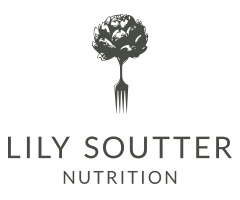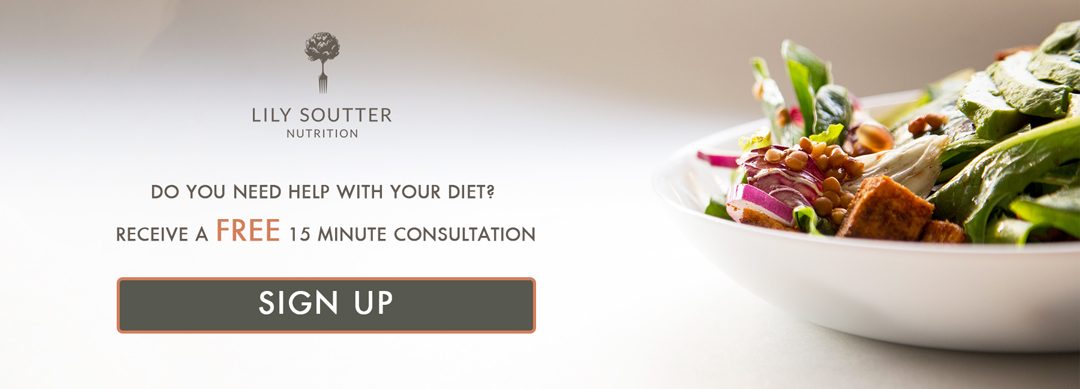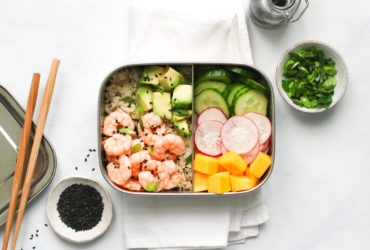“I gained a lot of weight (so much so that I’ve avoided the scale for the actual figures) after losing a pregnancy which was followed by a deep depression. I fear my body has changed, I barely recognise myself. Whilst my mind has been on the mend and feels much clearer a year later, I feel the damage to my body is irreversible. I guess my question is, how do you find an alternative for emotional eating and motivate yourself to look after your health after a trauma?”

Our relationship with food can be complex, not only do we turn to food to satisfy our physical hunger, many use food as an attempt to alleviate difficult emotions and therefore are ”emotionally eating”. Highly palatable foods which are rich in fat and sugar are often chosen as they stimulate the release of feel-good hormones such as serotonin and dopamine. However, these foods do not ‘fix’ the feelings that triggered the initial eating, and we’re often left feeling worse off than before. Food is there for enjoyment as much as it’s needed for nourishment, therefore it’s natural that most of us will turn to food to boost mood. However an over-reliance on using food to manage emotions is a learnt behaviour, which means that it is possible to make positive change.
Emotional eating is often impulsive, and mindful eating may support us to become more in tune with our emotions and choose healthier self-soothing mechanisms. When you notice a strong emotion arising, firstly observe this emotion as if you were looking at it through a window. Label the emotion, for example, are you feeling sadness, boredom, stress, anxiety or even happiness? Next, rate your emotion from a scale of 1-10, with the higher numbers being the most intense emotions. Notice where you feel the emotion, do you have tightness in your chest or tension in your jaw. Take a few deep breaths into this area. Next choose a task from a pre-written list of self-sooth strategies unrelated to food such as calling a friend, listening to music, going for a brisk walk, or even meditation. Once you have completed your self-soothing activity, re-rate the emotion from a scale of 1-10, and appraise how well the skills worked.
Lastly, if you feel overwhelmed emotional eating or managing your relationship with food, then reaching out to an appropriately trained nutritionist, dietitian or therapist can provide professional support to reach your goals.
Lily is a Nutritionist in London who graduated from Newcastle University with a BSc (Hons) degree in Food and Human Nutrition (AfN accredited) where she was awarded the Sage Faculty for Excellence Scholarship on an annual basis. She then went on to complete a 2-year post-graduate Diploma in Nutritional Therapy and is currently working towards her MSc in Nutritional Medicine (AfN accredited) at the University of Surrey. Lily’s extensive knowledge of the science of food and health, enables her to regularly write for The Times, The Telegraph, The Daily Mail, The Independent, Women’s Health and Cosmopolitan.
Her frequent TV appearances include ITV’s This Morning with Holly Willoughby and Phillip Schofield, and ITV’s primetime series Save Money: Lose Weight with Dr Ranj Singh. Lily’s passion is to simplify the science around nutrition, to provide health hacks and smarter eating strategies to empower people to enjoy a healthy and successful lifestyle. Her specialities lie in workplace wellness, implementing nutrition-focused wellbeing programmes within corporate organisations across the UK.
Lily also sees individual clients from her london nutrition clinic in Chelsea and a private medical practice based in Notting Hill.




